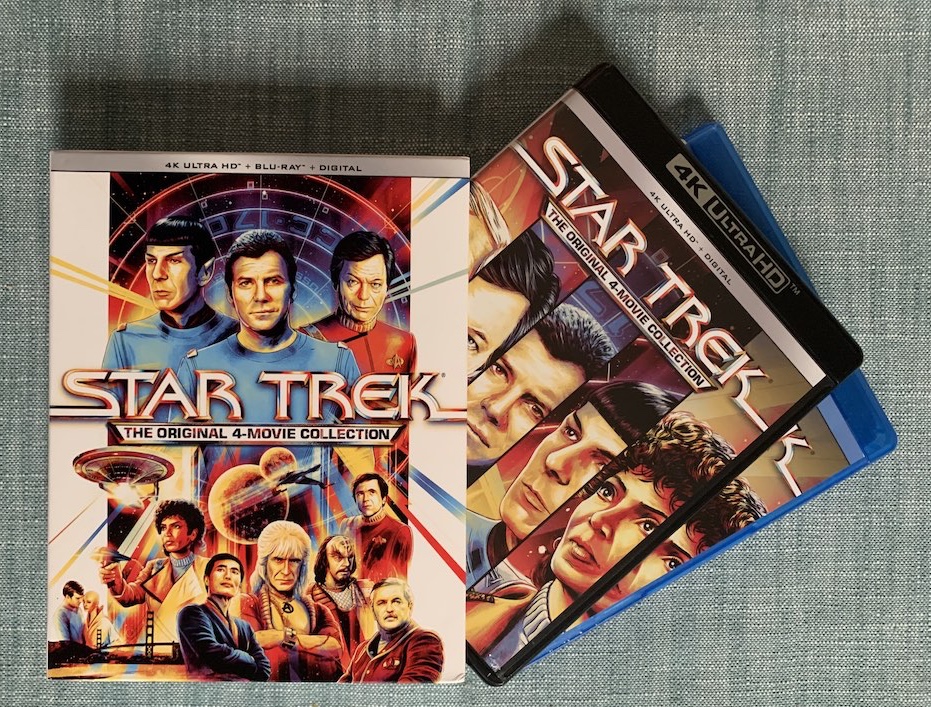


The Director's Cut contained significant changes from the theatrical workprint version. The Ridley Scott-approved Director's Cut (1992, 116 minutes) was prompted by the unauthorized 19 theatrical release of the workprint version of the movie. The US broadcast version (1986, 114 minutes) was the US theatrical version edited by television company CBS to tone down the violence, profanity, and nudity to meet broadcasting restrictions. Although initially unavailable in the US, it was later released on VHS and The Criterion Collection laserdisc in North America and re-released in 1992 as a "10th-Anniversary Edition". It was distributed in Europe, Australia, and Asia via theatrical and local Warner Home Video releases. The International Cut (1982, 117 minutes)-also known as the "Criterion Edition" or unrated version-included three more violent action scenes than the US theatrical version. But then again who does?"), Rachael doesn't have the built-in four-year limit to her lifespan that the other replicants have. They drive away into a natural landscape, and in the voice-over narrative, Deckard informs us that despite what Gaff had said ("It's too bad she won't live. Gaff spares Rachael's life, allowing her and Deckard to escape the nauseating confines of Los Angeles. The "Happy Ending" refers to the scene after Deckard and Rachael leave the apartment. But in a 2002 interview with Playboy, he said, "I delivered it to the best of my ability, given that I had no input. It was not an organic part of the film." It has been suggested that Ford intentionally performed the voice-over badly, in the hope it would not be used. Ford said in 1999, "I contested it mightily at the time. Scott did not have final cut privilege for the version released to cinemas. But financiers rewrote and reinserted narration during post-production after test audience members indicated difficulty understanding the film. Īlthough several different versions of the script had included a narration of some sort to clarify the narrative, Harrison Ford and Ridley Scott had decided to add filmed scenes to provide the information. The 1982 US theatrical version released by the studio included the "happy ending" as well as the addition of Harrison Ford's voiceover. These scenes were not part of the Final Cut version (2007) and include a scene introducing Batty in a VidPhon booth, a shot of Deckard reloading his gun after Batty broke his fingers, and a scene where Deckard and Rachael ride into the sunset. This version is nearly identical to the 1982 US theatrical version, except that it included three additional scenes not shown before or since. San Diego sneak preview version (1982) Ī San Diego sneak preview shown only once in May 1982. This version was re-released as part of the five-disc Ultimate Edition in 2007 with a new transfer of the last known print in existence, with the picture and sound quality restored as much as possible. Negative responses to the test previews led to the modifications resulting in the US theatrical version, while positive response to the showings in 19 pushed the studio to approve work on an official director's cut. It was also seen in 19 in Los Angeles and San Francisco as an Original Director's Cut without the approval of director Ridley Scott. The workprint version (1982, 113 minutes) was shown to test audiences in Denver and Dallas in March 1982. 4 International theatrical release (1982).2 San Diego sneak preview version (1982).The following is a timeline of these various versions. In the 2007 documentary Dangerous Days: The Making of Blade Runner, there is a reference to director Ridley Scott presenting an eighth version, a nearly four-hour-long "early cut", that was shown only to studio personnel. There also exists the San Diego Sneak Preview Cut, which was only shown once at a preview screening and the US Broadcast Cut, which was edited for television broadcast. These five versions are included in both the 2007 five-disc Ultimate Collectors Edition and 2012 30th-Anniversary Collector's Edition releases. The best known versions are the Workprint, the US Theatrical Cut, the International Cut, the Director's Cut and the Final Cut. Seven different versions of Ridley Scott's 1982 science fiction film Blade Runner have been shown, either to test audiences or theatrically. Right: the 30th Anniversary Collector's Edition Three of the film's different physical releases, which contain some of the different versions.Ĭenter: the briefcase of the Five-Disc Ultimate Collector's Edition on Blu-ray


 0 kommentar(er)
0 kommentar(er)
